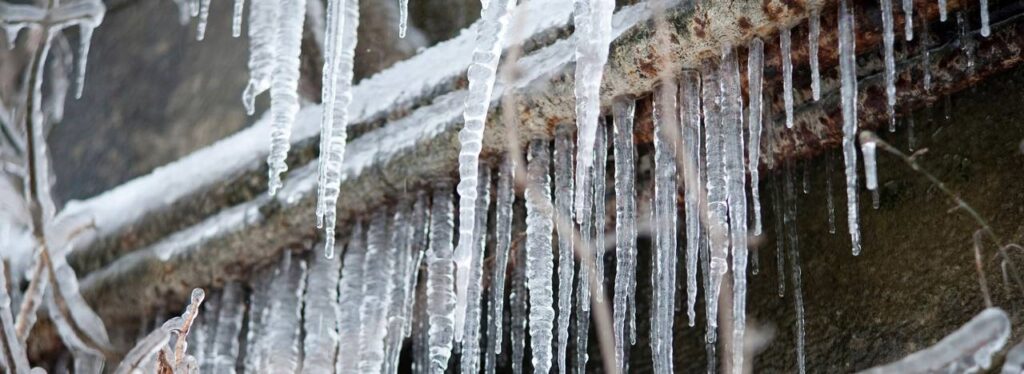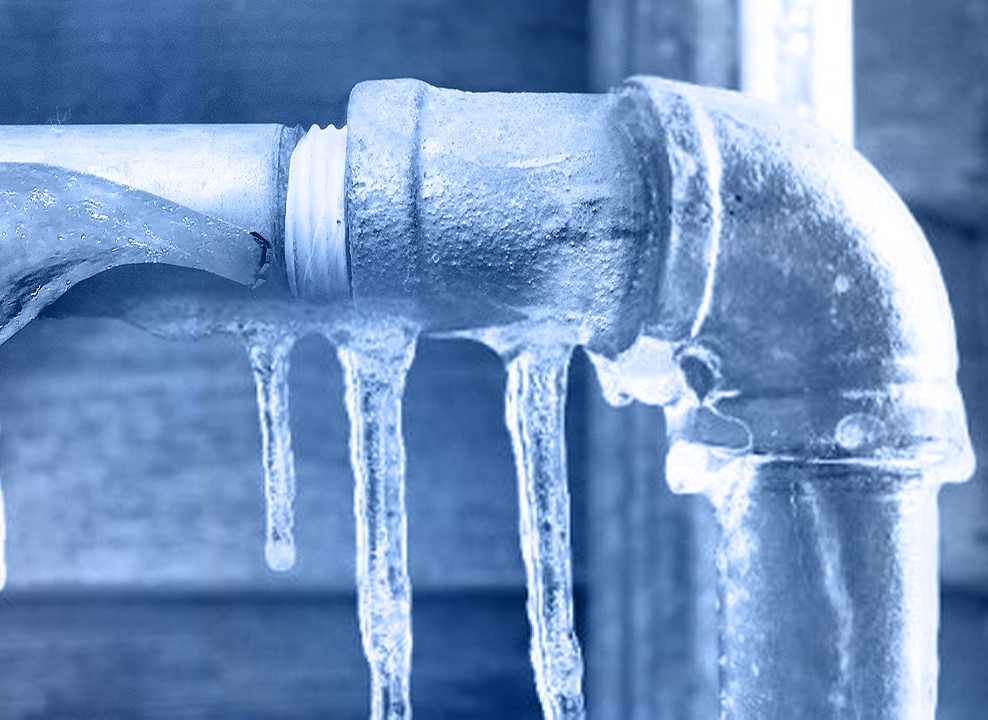Ways to Prevent Frozen Plumbing in Winter: Pro Advice
Ways to Prevent Frozen Plumbing in Winter: Pro Advice
Blog Article
What are your beliefs about How To Avoid Freezing Pipes?

Cold weather can ruin your plumbing, particularly by freezing pipelines. Right here's how to stop it from occurring and what to do if it does.
Intro
As temperatures decline, the danger of icy pipes boosts, potentially bring about expensive fixings and water damage. Recognizing exactly how to stop icy pipes is important for home owners in cool environments.
Recognizing Icy Pipes
What triggers pipelines to ice up?
Pipelines freeze when subjected to temperature levels below 32 ° F (0 ° C) for extended periods. As water inside the pipes ices up, it broadens, putting pressure on the pipeline walls and possibly triggering them to burst.
Threats and damages
Icy pipes can lead to water interruptions, building damage, and pricey repair work. Ruptured pipes can flood homes and trigger considerable structural damages.
Signs of Frozen Pipeline
Recognizing frozen pipes early can avoid them from breaking.
How to determine icy pipes
Search for lowered water circulation from faucets, unusual odors or sounds from pipelines, and noticeable frost on revealed pipelines.
Avoidance Tips
Shielding at risk pipelines
Cover pipelines in insulation sleeves or make use of warmth tape to safeguard them from freezing temperature levels. Concentrate on pipes in unheated or external locations of the home.
Heating techniques
Keep interior areas adequately heated, specifically locations with pipes. Open cabinet doors to permit cozy air to distribute around pipes under sinks.
Safeguarding Exterior Plumbing
Yard pipes and outside faucets
Detach and drain pipes yard hoses before winter months. Mount frost-proof faucets or cover outdoor faucets with insulated caps.
What to Do If Your Pipes Freeze
Immediate activities to take
If you think frozen pipes, keep faucets available to alleviate stress as the ice melts. Make use of a hairdryer or towels taken in hot water to thaw pipelines slowly.
Long-Term Solutions
Architectural modifications
Consider rerouting pipes away from outside wall surfaces or unheated areas. Add additional insulation to attics, cellars, and crawl spaces.
Updating insulation
Buy top quality insulation for pipes, attic rooms, and wall surfaces. Correct insulation aids keep regular temperatures and lowers the threat of icy pipelines.
Verdict
Protecting against icy pipes requires aggressive actions and fast feedbacks. By recognizing the causes, signs, and safety nets, house owners can shield their pipes during winter.
Helpful Tips to Prevent Frozen Pipes this Winter
UNDERSTANDING THE BASICS: WHY PIPES FREEZE AND WHY IT’S A PROBLEM
Water freezing inside pipes is common during the winter months, but understanding why pipes freeze, and the potential problems it can cause is crucial in preventing such incidents. This section will delve into the basics of why pipes freeze and the associated problems that may arise.
THE SCIENCE BEHIND FROZEN PIPES
When water reaches freezing temperatures, it undergoes a physical transformation and solidifies into ice. This expansion of water as it freezes is the primary reason pipes can burst. As the water inside the pipe freezes, it expands, creating immense pressure on the walls. If the pressure becomes too great, the pipe can crack or rupture, leading to leaks and water damage.
FACTORS THAT CONTRIBUTE TO PIPE FREEZING
Low Temperatures: Extremely cold weather, especially below freezing, increases the risk of pipes freezing. Uninsulated or Poorly Insulated Pipes: Pipes located in unheated areas, such as basements, crawl spaces, or attics, are more prone to freezing. Insufficient insulation or lack of insulation altogether exacerbates the problem. Exterior Wall Exposure: Pipes running along exterior walls are susceptible to freezing as they encounter colder temperatures outside. Lack of Heating or Temperature Regulation: Inadequate heating or inconsistent temperature control in your home can contribute to frozen pipes. PROBLEMS CAUSED BY FROZEN PIPES
- Pipe Bursting: As mentioned earlier, the expansion of water as it freezes can cause pipes to burst, resulting in significant water damage.
- Water Damage: When pipes burst, it can lead to flooding and water damage to your property, including walls, ceilings, flooring, and personal belongings.
- Structural Damage: Prolonged exposure to water from burst pipes can compromise the structural integrity of your home, leading to costly repairs.
- Mold and Mildew Growth: Excess moisture from water damage can create a favorable environment for mold and mildew growth, posing health risks to occupants.
- Disrupted Water Supply: Frozen pipes can also result in a complete or partial loss of water supply until the issue is resolved.
WHY CERTAIN PIPES ARE MORE PRONE TO FREEZING
- Location: Pipes located in unheated or poorly insulated areas, such as basements, crawl spaces, attics, or exterior walls, are at higher risk of freezing.
- Exterior Pipes: Outdoor pipes, such as those used for irrigation or exposed plumbing, are particularly vulnerable to freezing as they are directly exposed to the elements.
- Supply Lines: Pipes that carry water from the main water supply into your home, including the main water line, are critical to protect as freezing in these lines can affect your entire plumbing system.
- Underground Pipes: Pipes buried underground, such as those connected to sprinkler systems or outdoor faucets, can be susceptible to freezing if not properly insulated.
https://busybusy.com/blog/helpful-tips-to-prevent-frozen-pipes-this-winter/

I hope you enjoyed reading our post about Winter Plumbing Precautions: Preventing Frozen Pipes. Thanks for spending some time to browse our piece. So long as you enjoyed reading our blog post kindly do not forget to share it. Thank you for your time spent reading it.
This Site Report this page